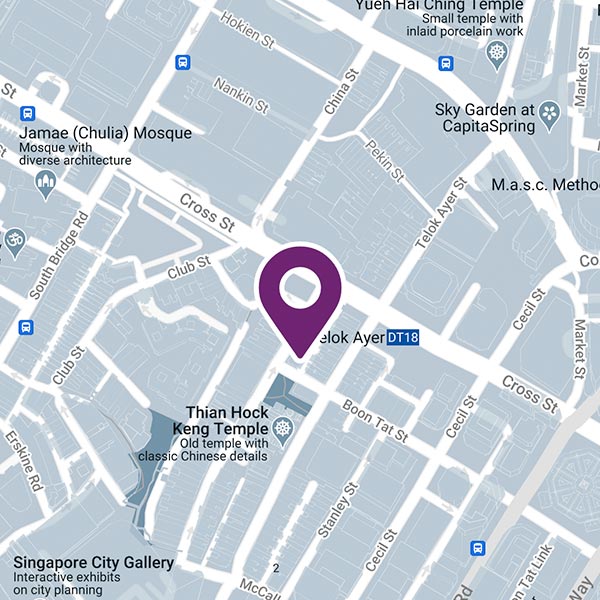In today's fast-paced, competitive business environment, companies need to get a lot done in very little time. This is where agile and resilient teams are the most critical component of success - it's more than just about having people who know what they're doing. Regardless of what you do, studies have found the following six tips necessary for building an agile and resilient team.
1) Encourage open communication and develop trust
Communication and trust go hand-in-hand, and both are essential for a team's resilience. Open communication encourages everyone to speak their minds and share information openly. You need trust for team members to comfortably share feedback about what's going on in the organisation, knowing that it will be kept confidential. Your team members must know they can rely on one another for help when needed.
It's essential to build and maintain trust through all stages of team development, including before the project starts (when establishing expectations), during the project when things inevitably change (changing the way tasks are completed), and after a project completes or fails (how people deal with adverse events). Active listening is a crucial component of having open communications and developing trust, ensuring that team members are fully engaged in the discussion and focused on what's being said.
2) Provide regular feedback and value good work
Feedback is critical for building a productive team. It helps ensure that all members are on the same page and know what they're doing. It can keep motivation up by giving positive reinforcement when it's deserved. It will help you identify problems early before they become too large to deal with. Feedback should be given constructively. You must avoid harmful comments and focus on what can be improved and what was successful instead of what went wrong.
3) Encourage the development of new skills
Building new skills is imperative for resilience and future-proofing any team or organisation. This is especially important when a lack of a particular skill could cause a group's downfall. If, for instance, a team member gets injured, what would you do? Do you have other people with the same skills to take over? Do you have a skills gap that would hinder your team’s productivity and strategic impact? Decision-making and conflict resolution skills, for example, are vital for any team’s agility or resilience and should be practised throughout the team-building process.
4) Break down barriers that hinder performance
Every team faces barriers that inhibit their ability to work together. Sometimes the obstacle is a lack of information, or it could be more complicated, such as an unwillingness to listen or too many detail-oriented tasks being required from one person who's not equipped with those skills. These should all be addressed before moving forward. Failure to resolve them could cause teams to fail without realising it. An excellent way to break down these barriers is through an open discussion where everyone shares their thoughts about what's going on and how things could be improved.
5) Encourage collaboration and teamwork
Collaboration is vital for building agile and resilient teams because it encourages participants to share knowledge, extend the development of ideas, work together closely, and make decisions collaboratively. It also helps build a sense of responsibility when people know they need each other to do their part to complete tasks successfully. Collaboration is good at any stage of team development, especially during adversity or unexpected changes down the line.
6) Embrace change
Embracing change is the foundation for resilience. Teams that can pivot quickly and effectively will be better equipped to deal with any adversity they face on their journey.
A resilient team has a strong sense of self-awareness, allowing them to remain calm under pressure and make quick, yet informed decisions based on the scenario and context. When unexpected things happen, a resilient team will assess the situation and change their course of action without becoming overwhelmed. A central theme for agile teams is that they are constantly adapting to changing circumstances. A vital part of this process is maintaining a high level of self-awareness on what makes them successful, which allows them to do things better or avoid certain pitfalls in the future.












